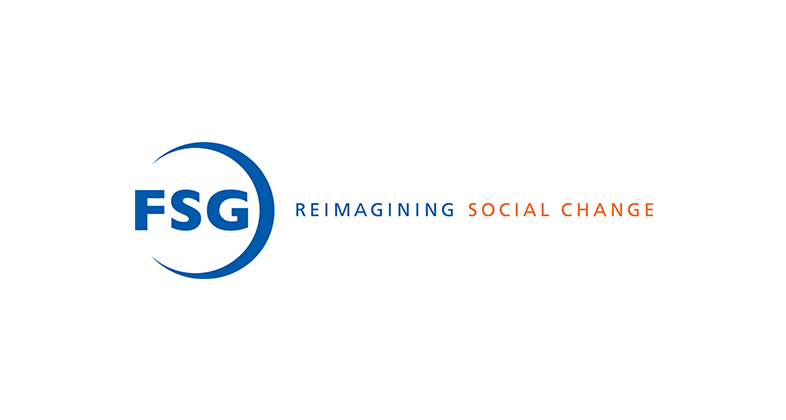Our Unfinished Business: Where can business help the world’s out of school children?

As Millennium Development Goal (MDG) 2 for universal primary education expires at the end of this year, the reality remains that there is more work to do. Only two countries of the 29 with 500,000 or more out-of-school children are making good progress towards universal education by the end of the year. Getting these children into school requires complex solutions, and the business community can play a leading role.
To better understand where we stand in achieving universal education, A World at School launched the MDG 2 Global Education Scorecard. For each of these 29 countries, the scorecard provides a snapshot of where countries in greatest need require even greater support. The scorecard is critical because it demonstrates that urgent action is needed so that all children can receive access to at least a basic education.
The scorecard classifies the overall progress in achieving universal primary education for each country by considering whether a strategy exists to achieve MDG 2, available government spending, whether the country is in a fragile or conflict-affected context, and the total estimated number of out-of-school children. Countries are classified – based on an evaluation of these indicators and others – as either “way off track,” “urgent action needed,” “targeted efforts needed,” or “strong progress.” It is clear that immediate action is needed as missing the deadline will have a long-term economic and social impact.
In coordination with GBC-Education member companies and Local Education Groups (LEGs), business – especially local-operating companies – can lead the way and use the scorecard in the following ways:
- Identify new geographies to invest: This scorecard identifies where companies could make a significant social impact. For example, most countries on the scorecard are affected by conflict. Businesses – like Western Union – have shown how their core assets and financial resources can improve education in conflict-affected countries, even if they do not have significant operations in the region.
- Find new ways to strengthen education systems: One opportunity for impact in education is strengthening the education system. By supporting education policies, regulatory mechanisms or stakeholder capacity, companies can play a role in developing a sustainable education system that is resilient in times of emergency. Through the scorecard, companies can begin thinking about what aspect of the education system they could impact – funding, system planning or capacity building.
- Classify existing and future investments: Businesses can use this scorecard to help make a compelling social case for their investments if they are investing or considering investing in one of these countries. Businesses can also see how their existing investments in education compare to countries in greatest need.
GBC-Education member companies are already taking action in many countries listed on the Scorecard:
- In Nigeria (Classification: Way Off Track), Oando Foundation launched its Adopt-a-School Initiative to increase access to quality basic education in public schools through infrastructure development, teacher training and basic amenities to create conducive learning environments. The company also invests in education in times of emergency. During the Ebola crisis, for example, Oando Foundation launched its Ebola Education Support Fund to assist Nigerian children who have lost one or both of their parents due to Ebola.
- In Pakistan (Classification: Way Off Track), companies have come together to support the Pakistan Safe Schools Initiative, a 15-point plan backed by Prime Minister Nawaz Sharif and United Nations Special Envoy for Education Gordon Brown in a multimillion-dollar campaign to support education in a safe learning environment. This effort will provide much needed advocacy and financial support to protect the right to education in a country that has the highest number of attacks on school in the world.
- In India (Classification: Targeted Efforts Needed), the country has made significant progress in enrollment, but financing remains limited. Through its Learn Easy Steps program, for example, Intel has invested in digital literacy to ensure at least one person in every household is digitally literate, opening up learning opportunities in the hardest to reach locations. The GBC-Education India Working Group – led by Accenture and Western Union – is working with school leaders in marginalized communities to not only improve the quality of education but also to ensure students in low-income communities enroll and stay in school.
Photo © UNICEF/Altaf Qadri
